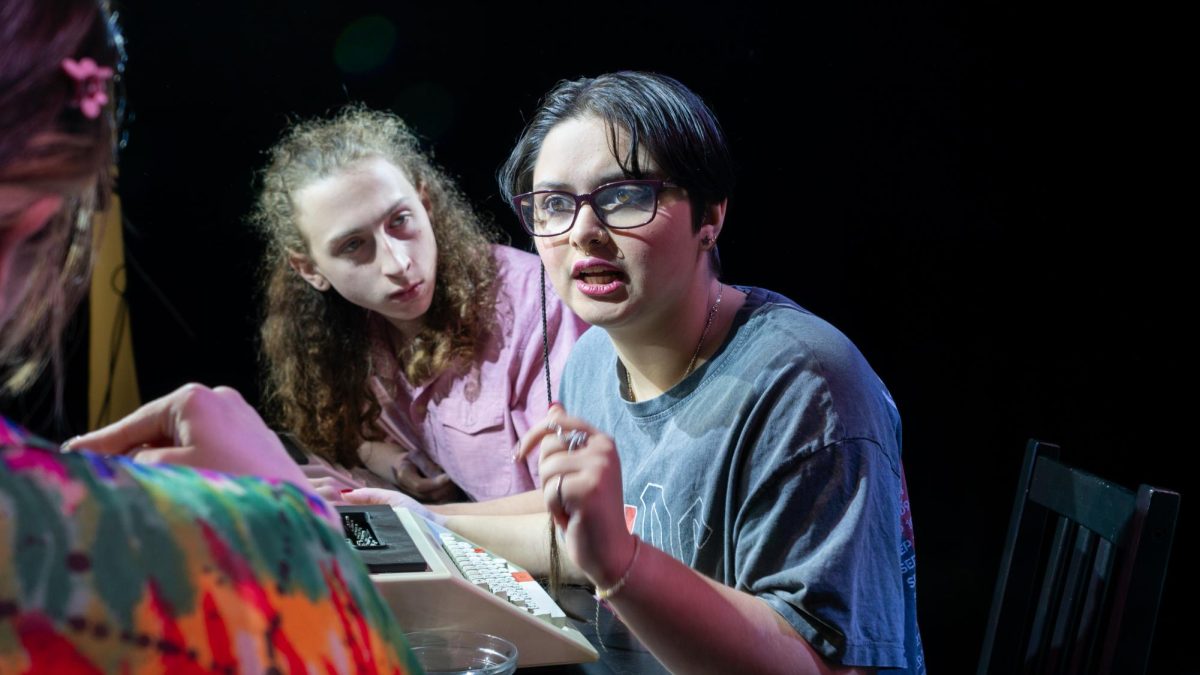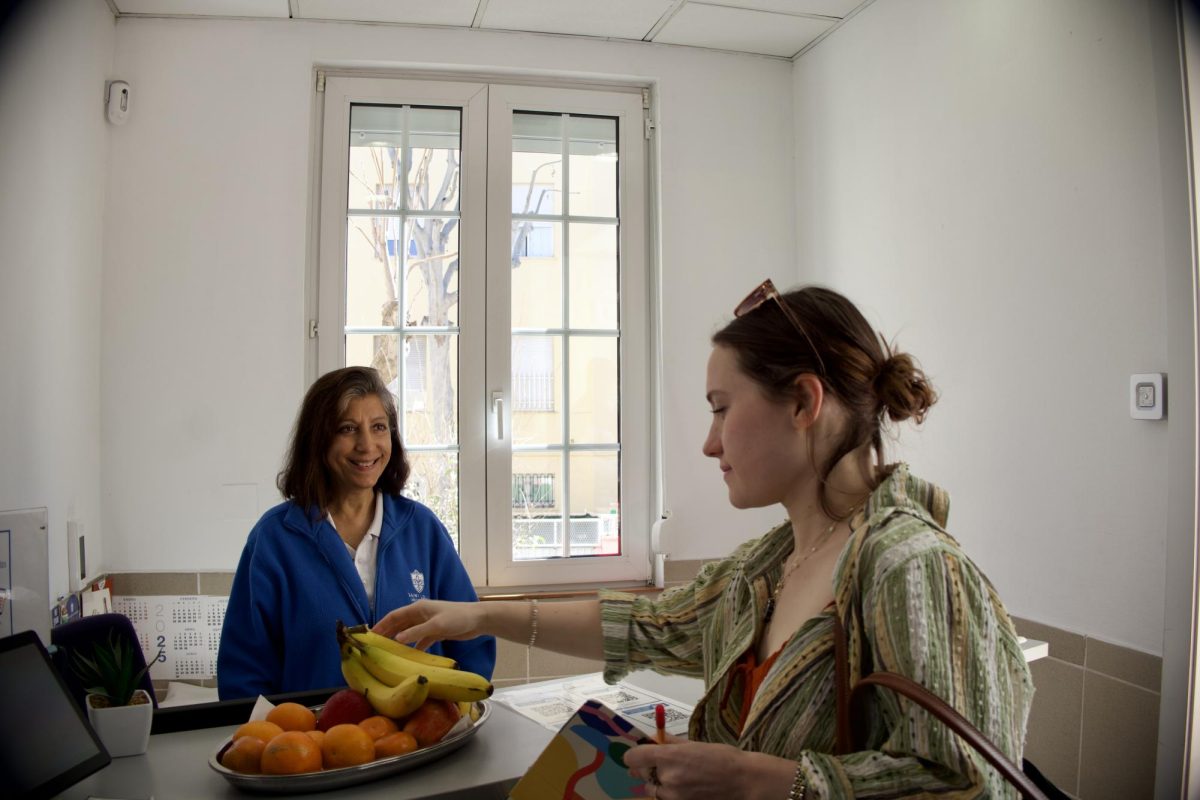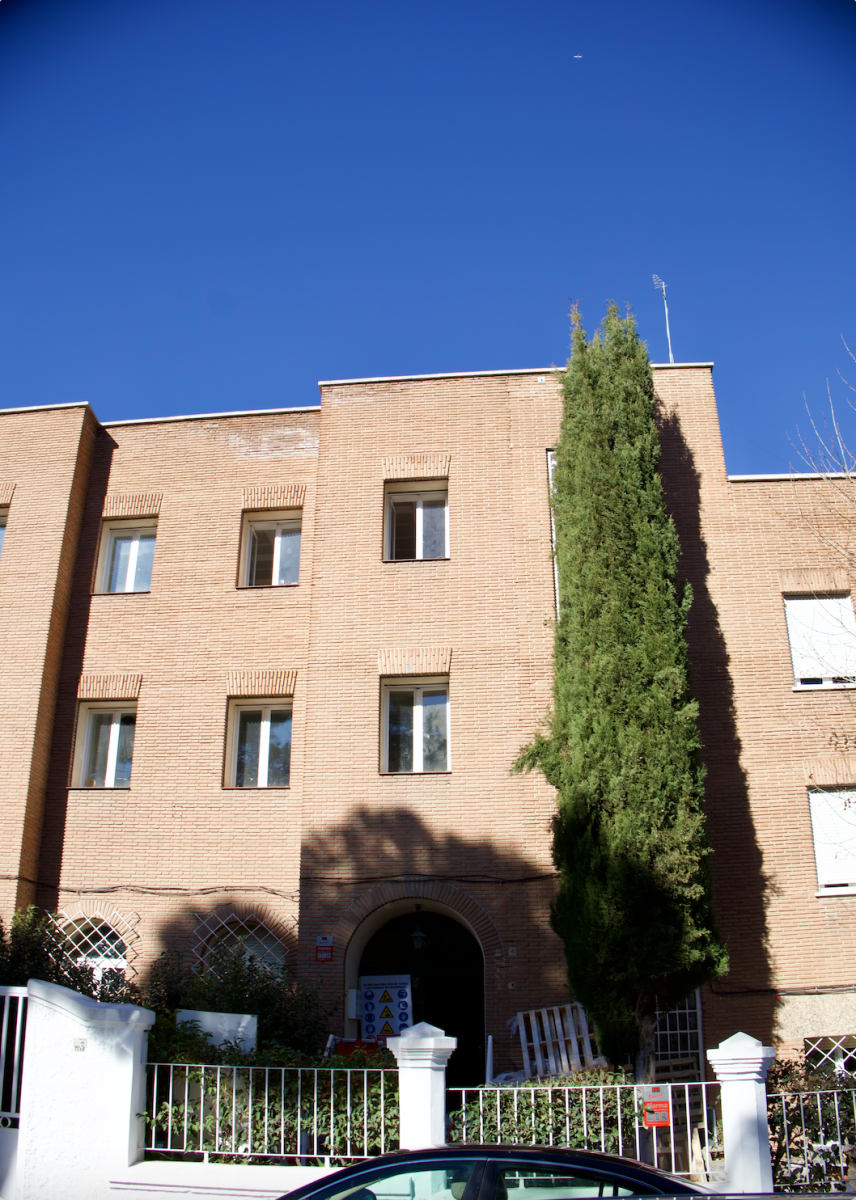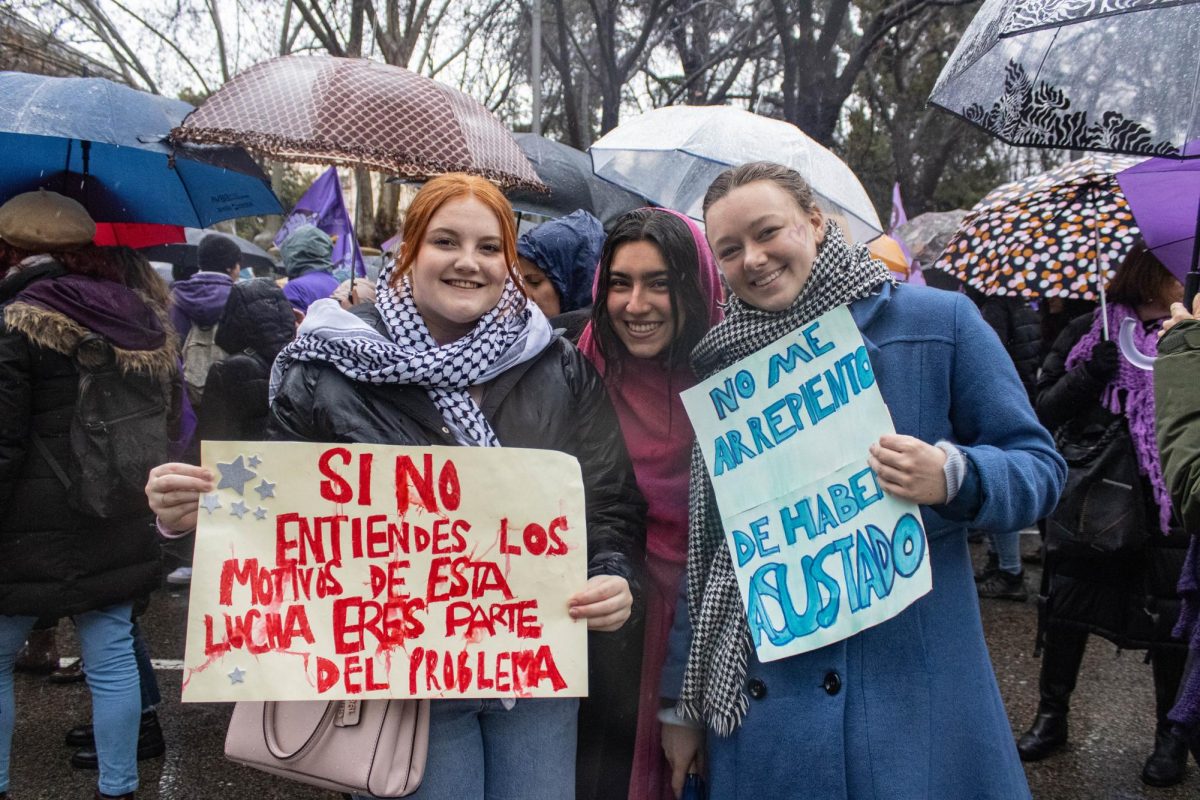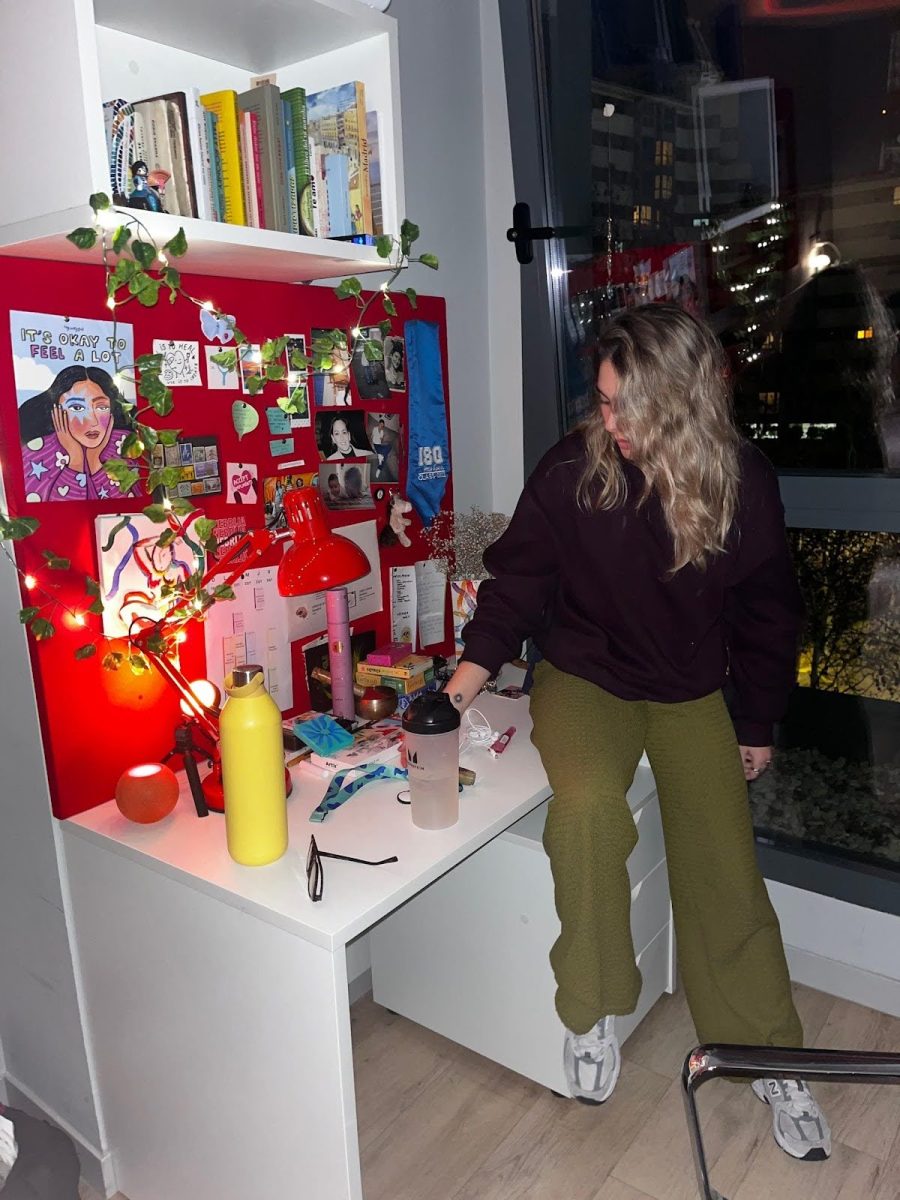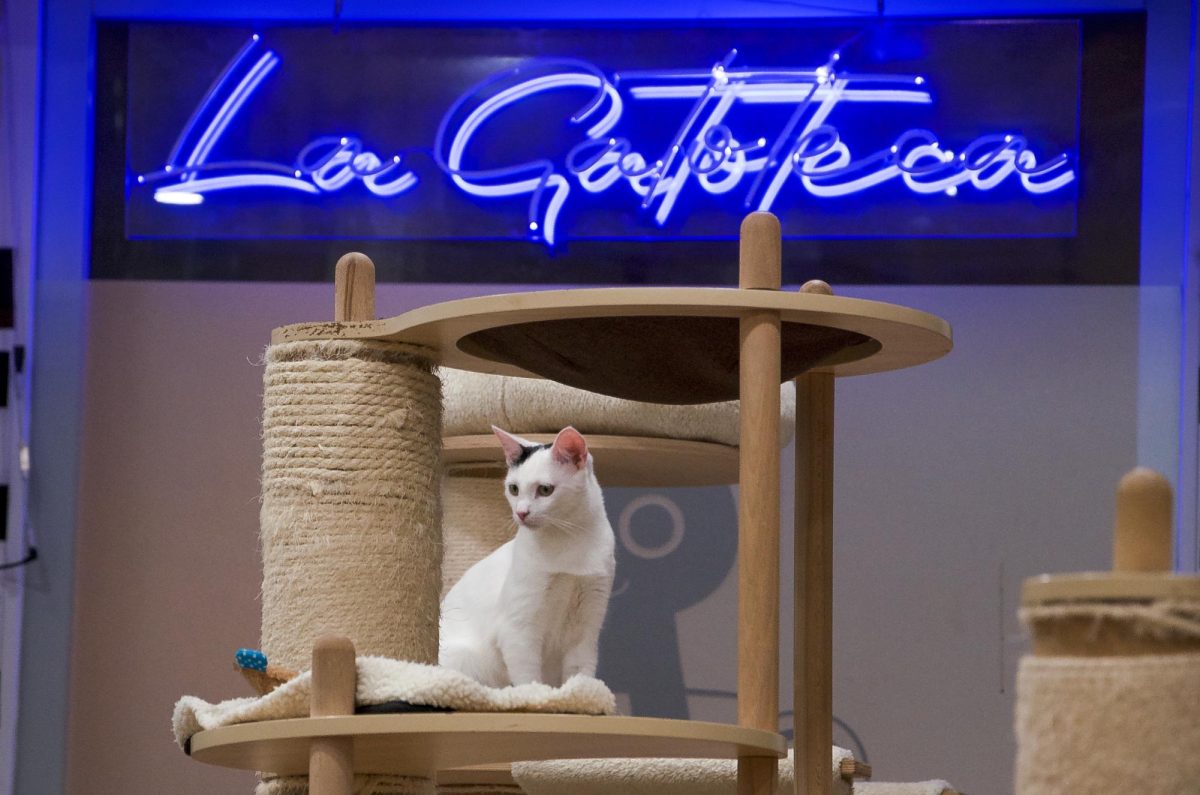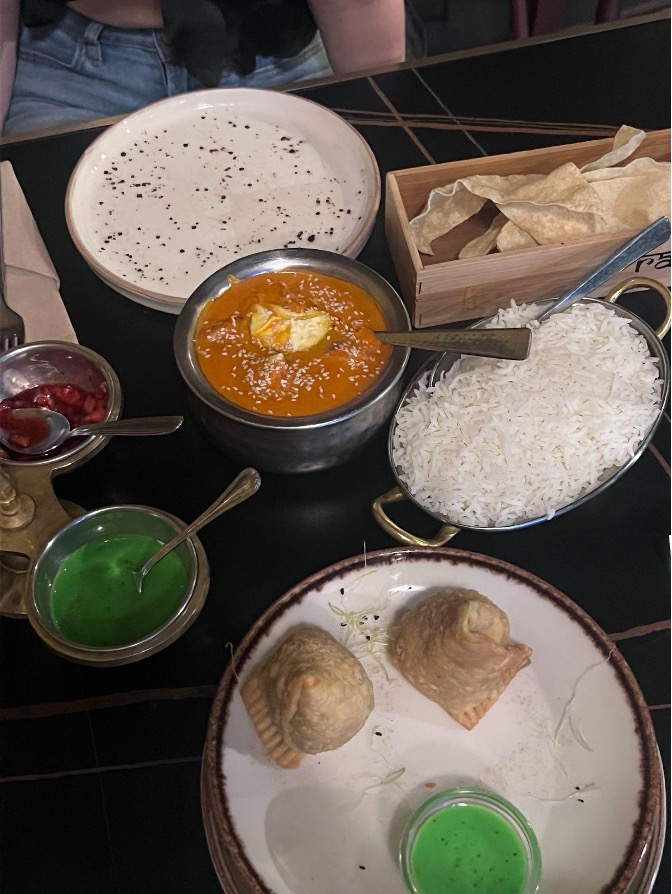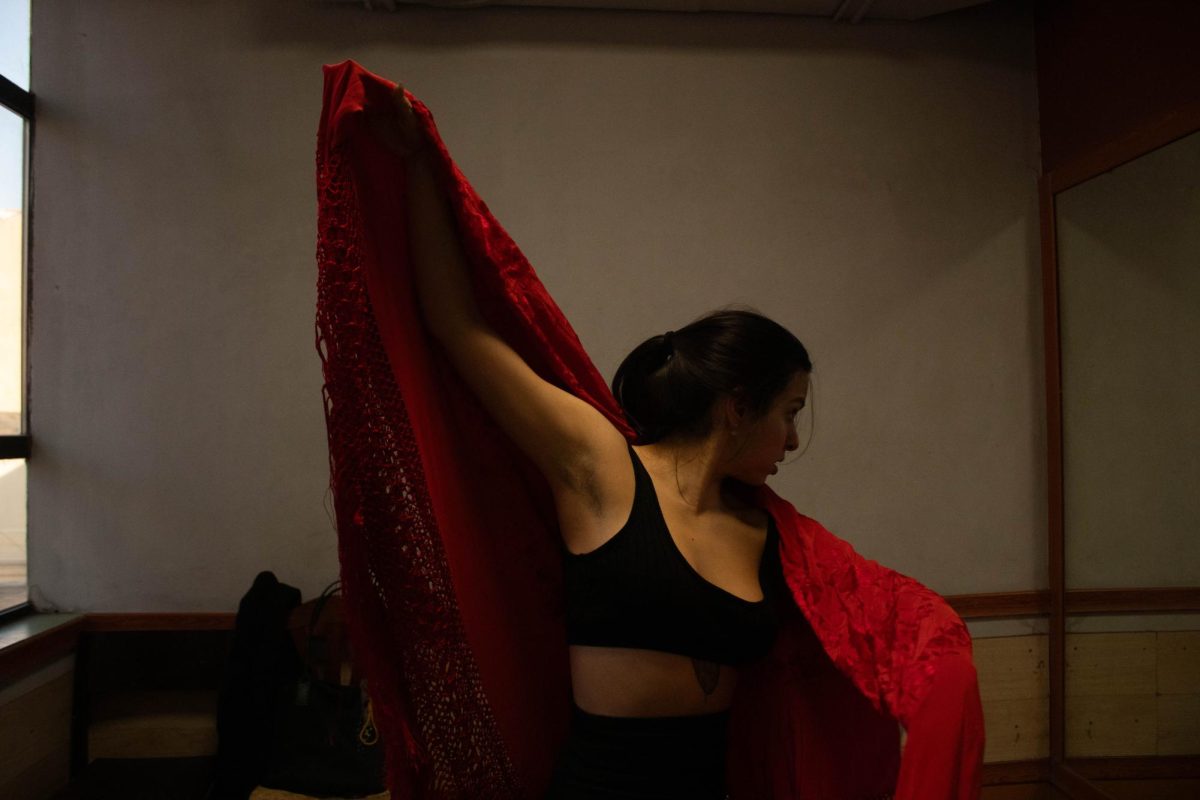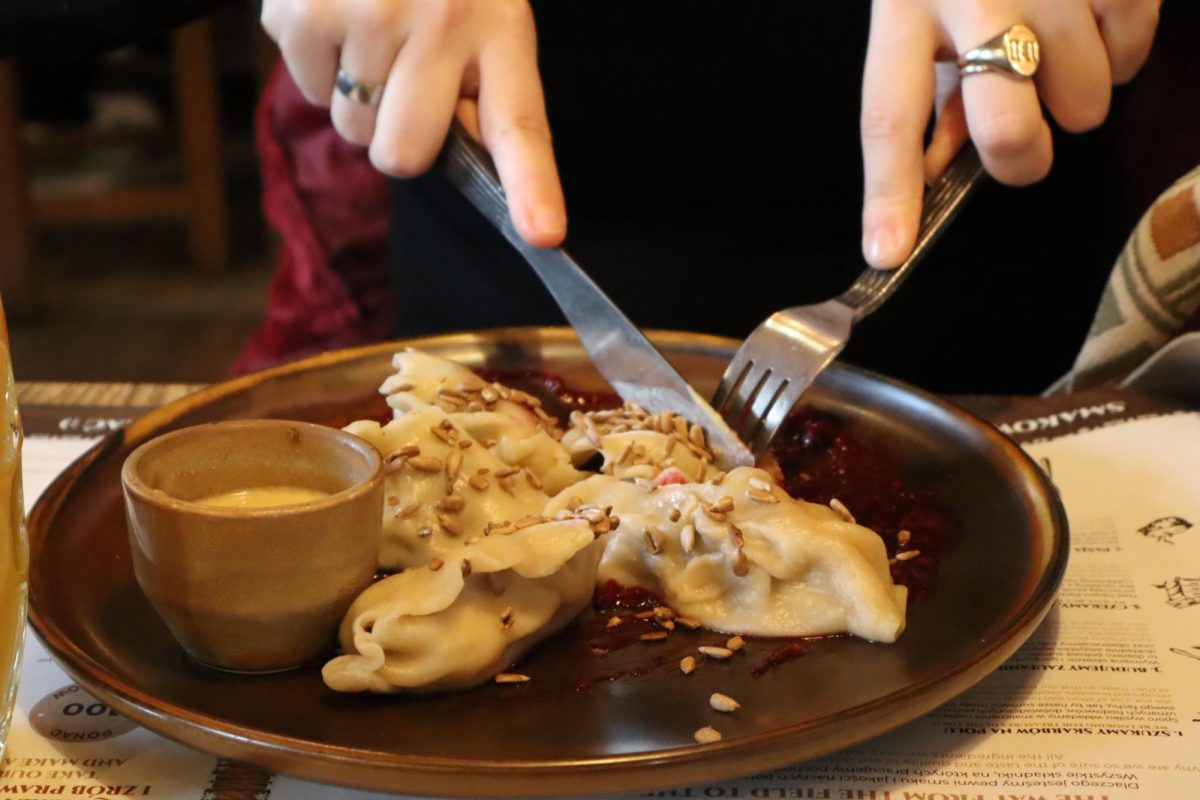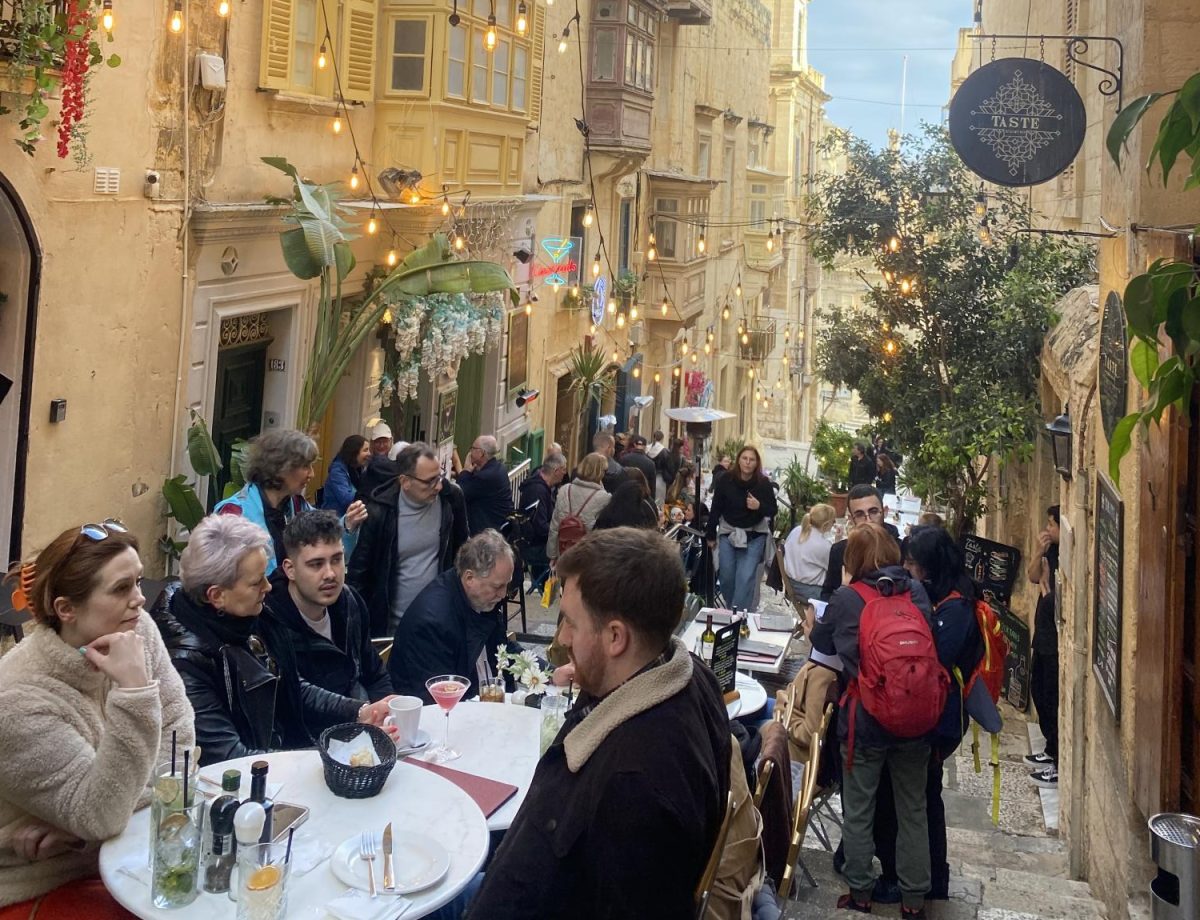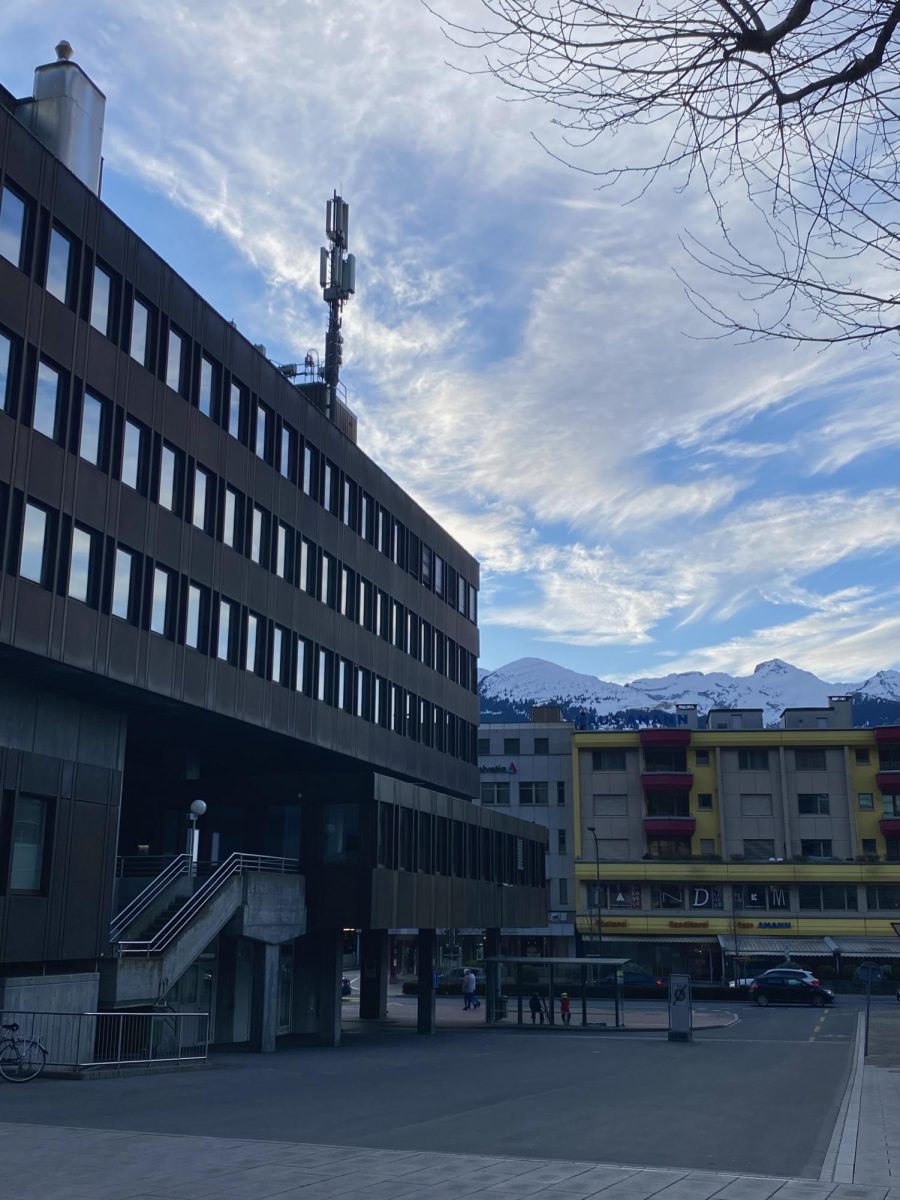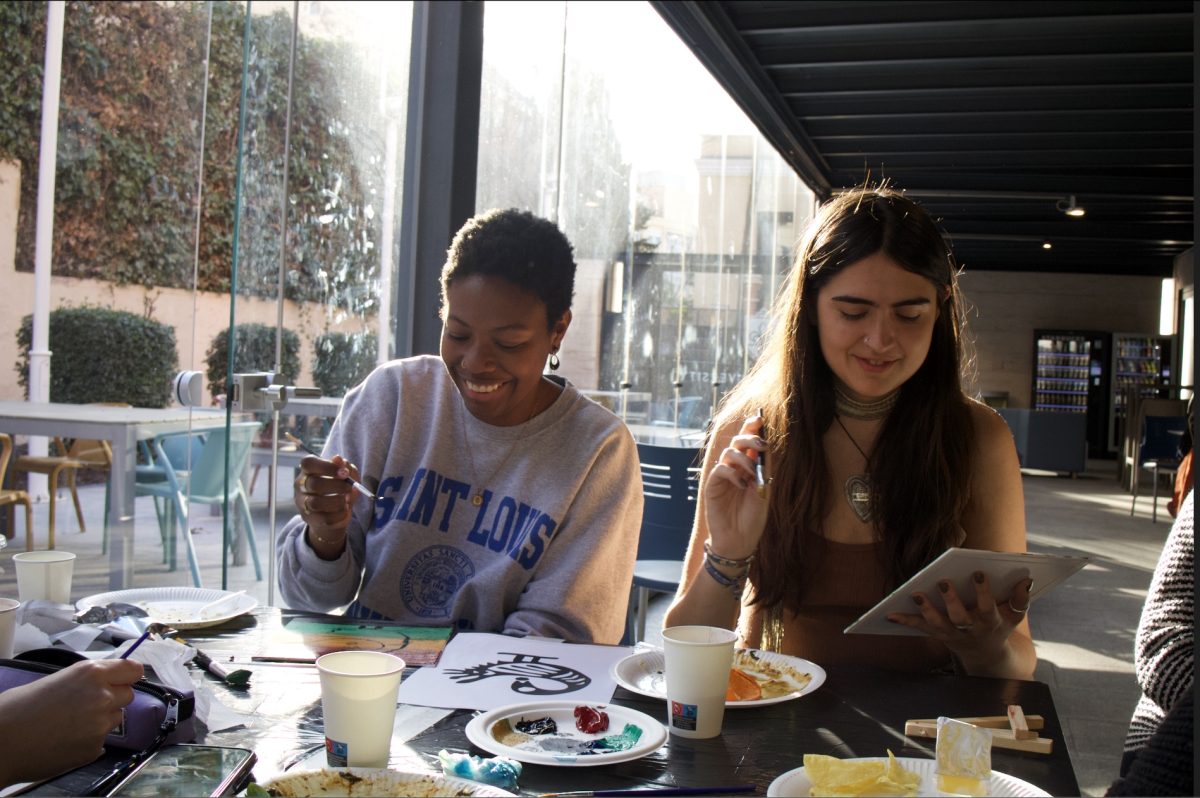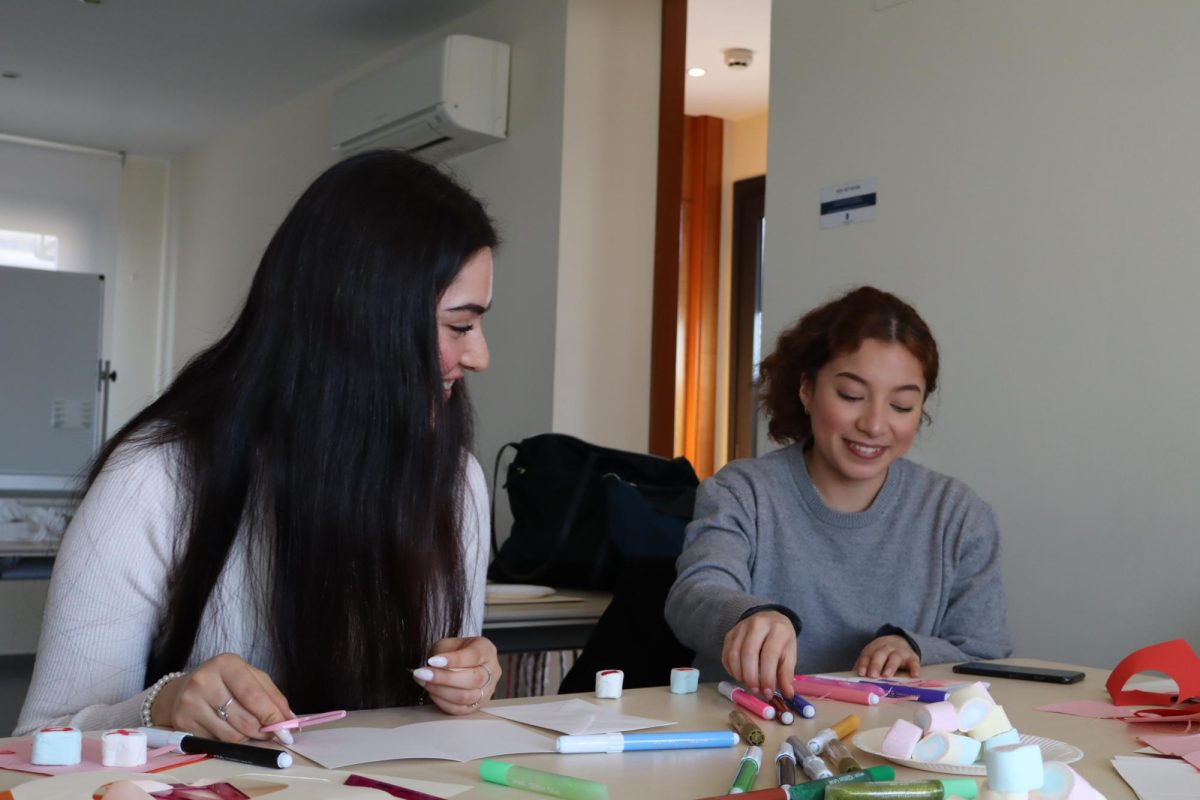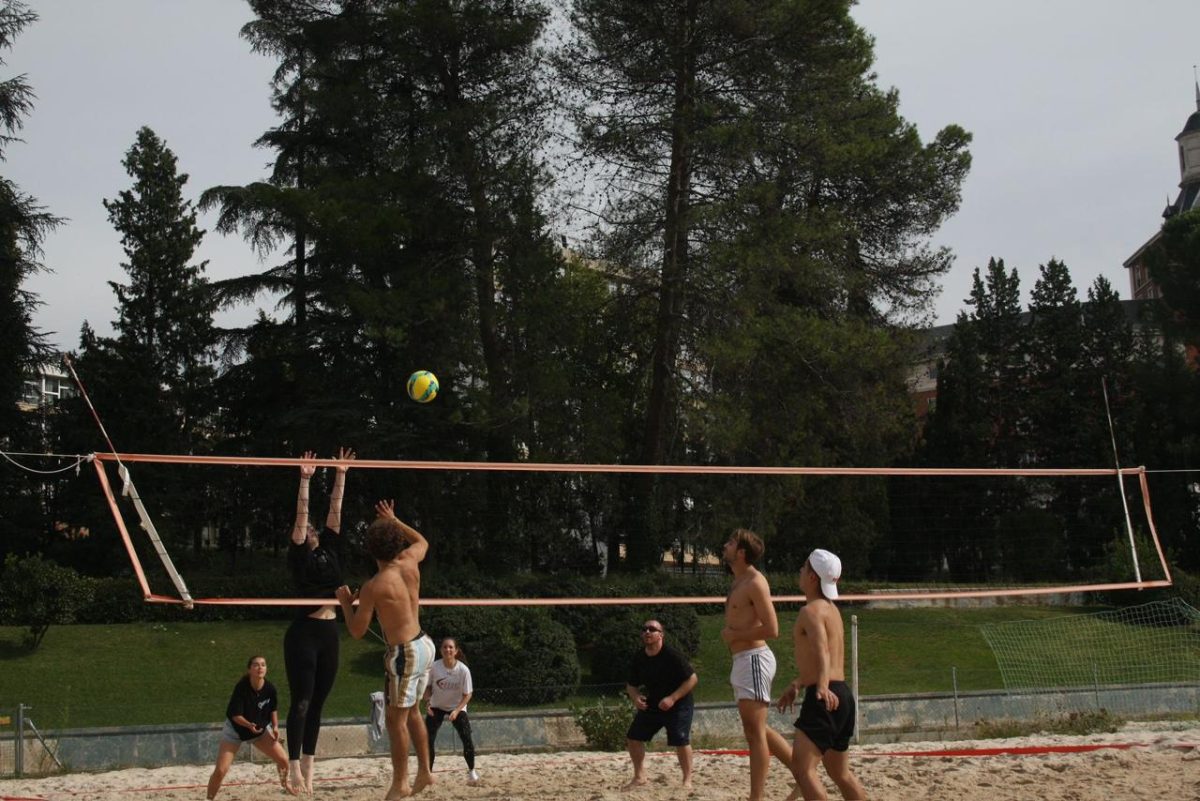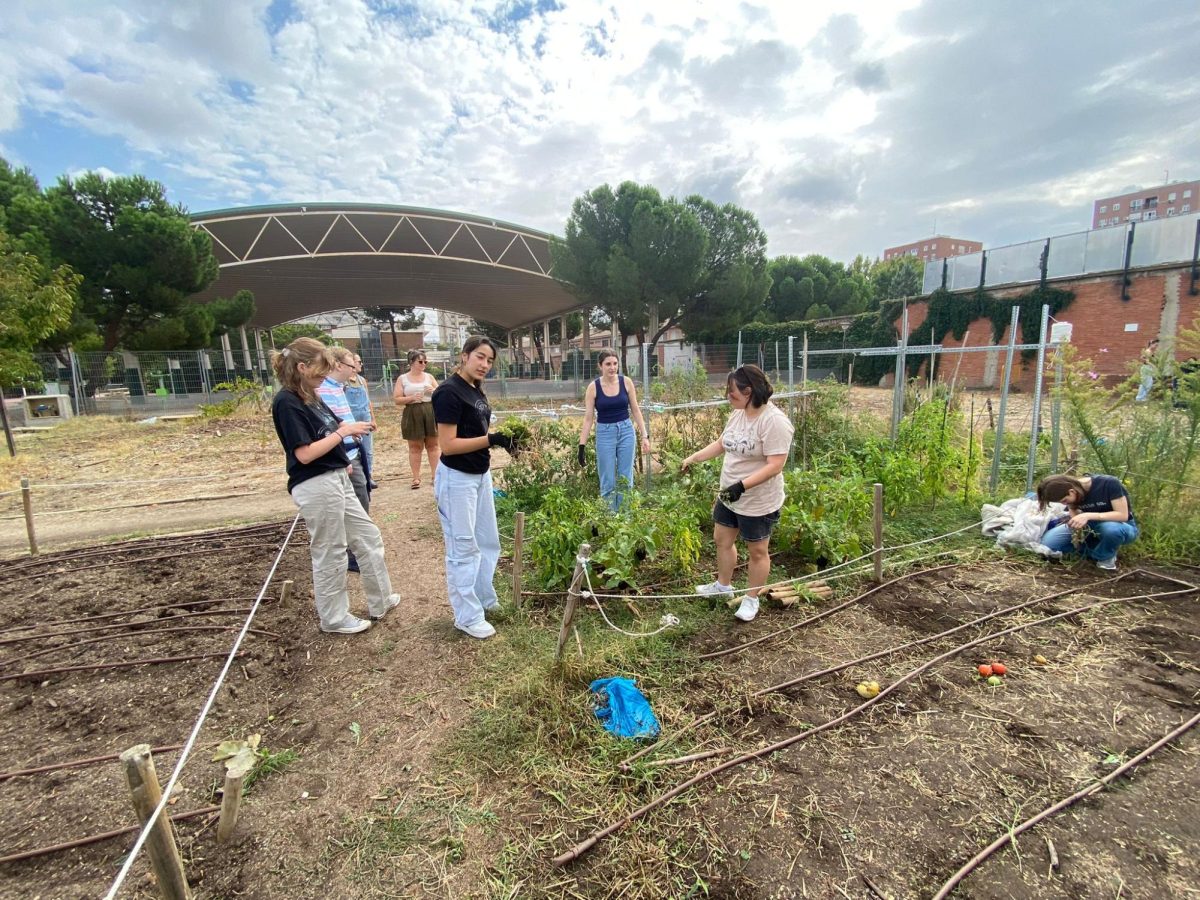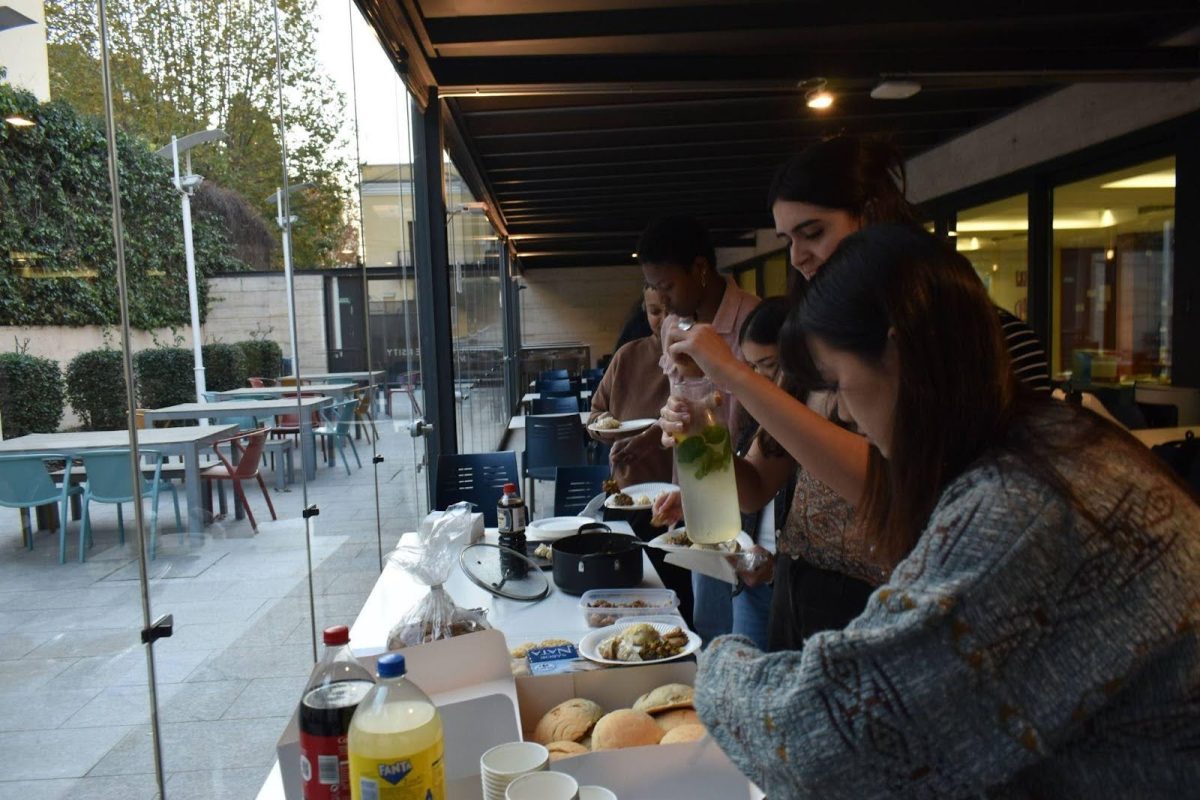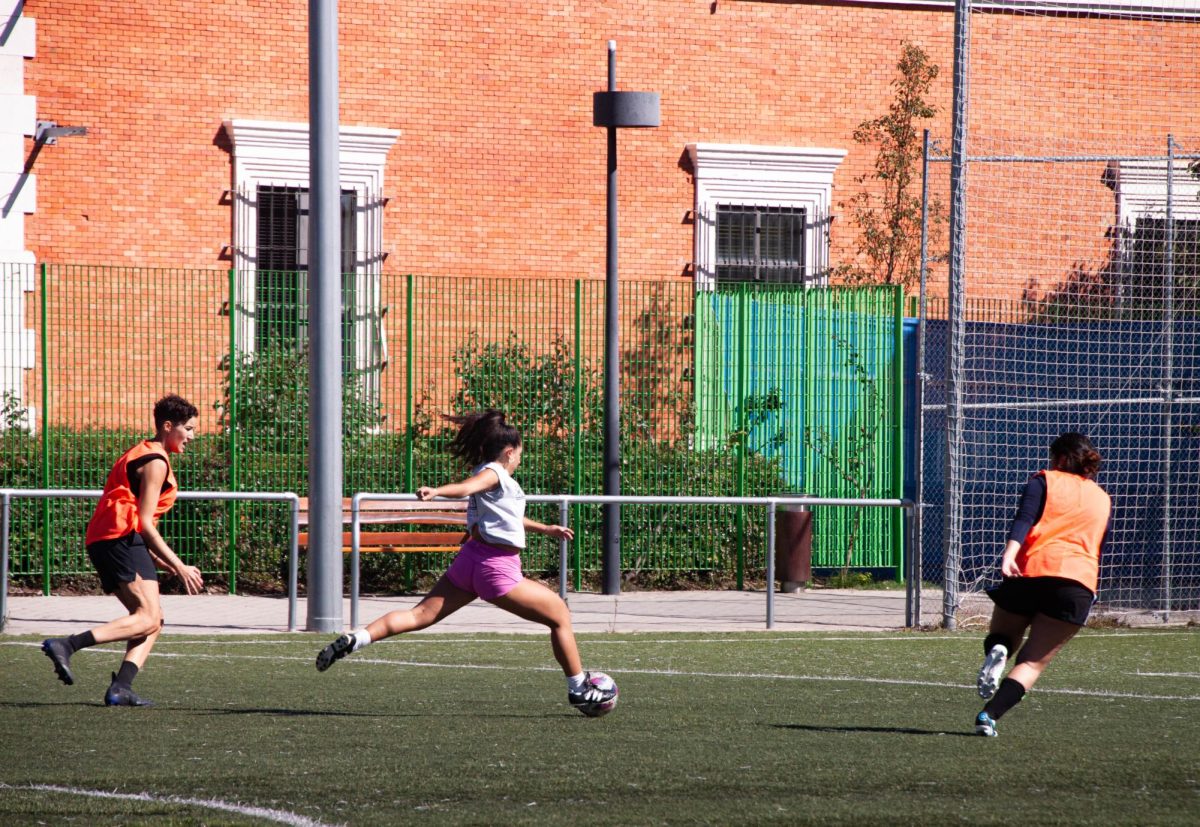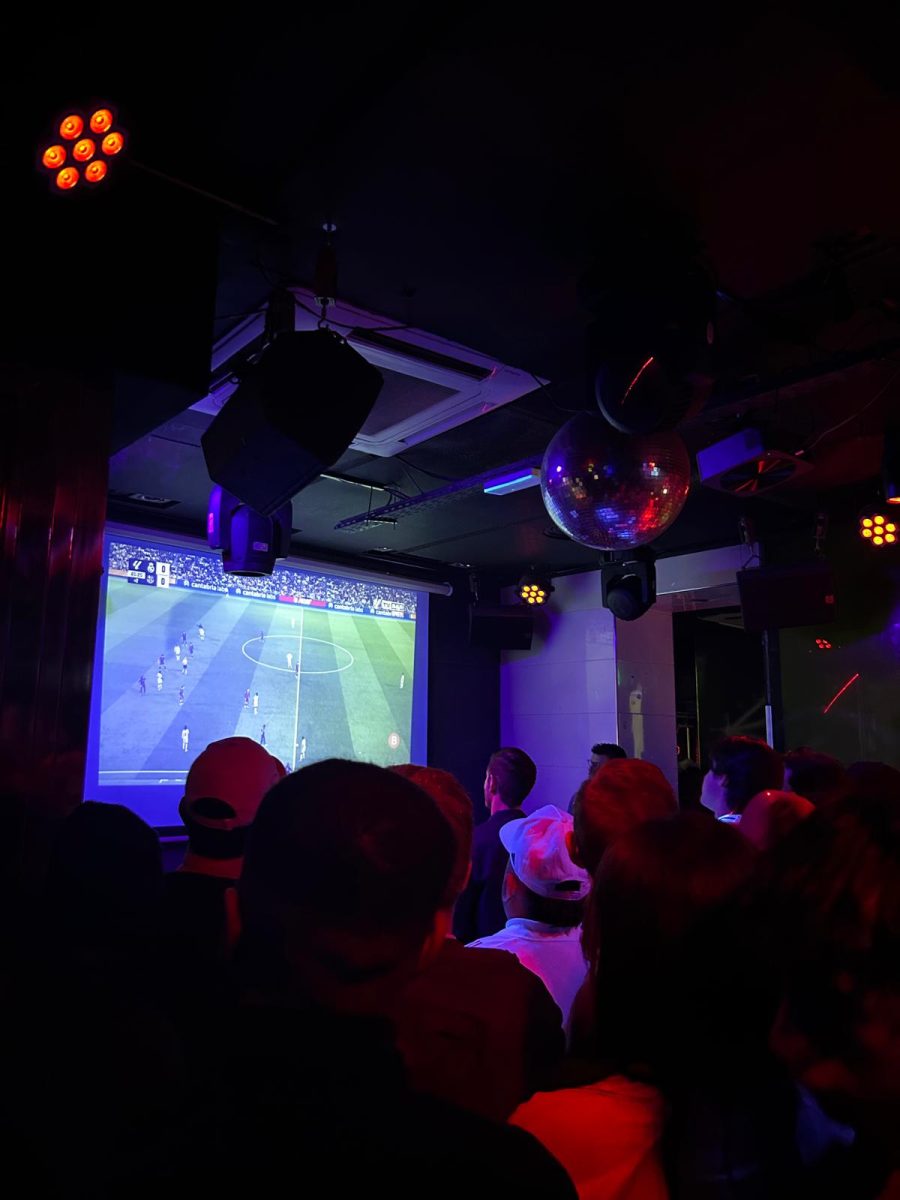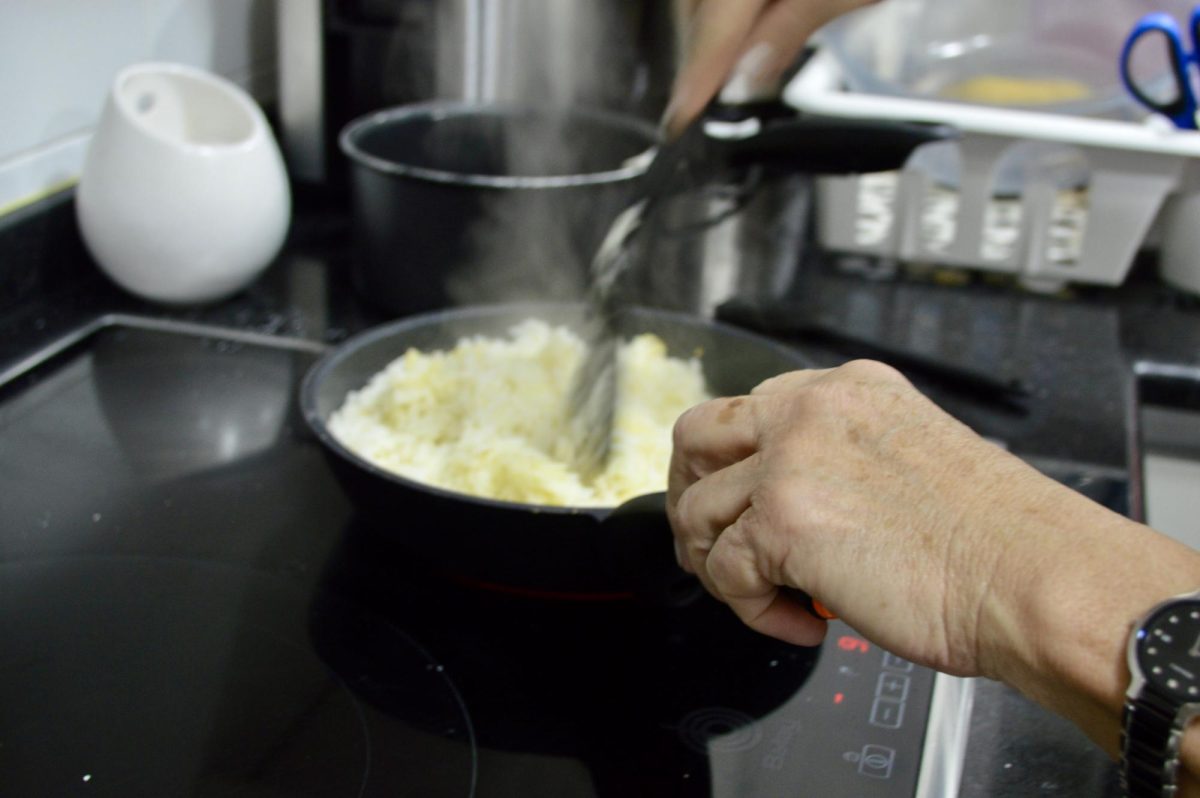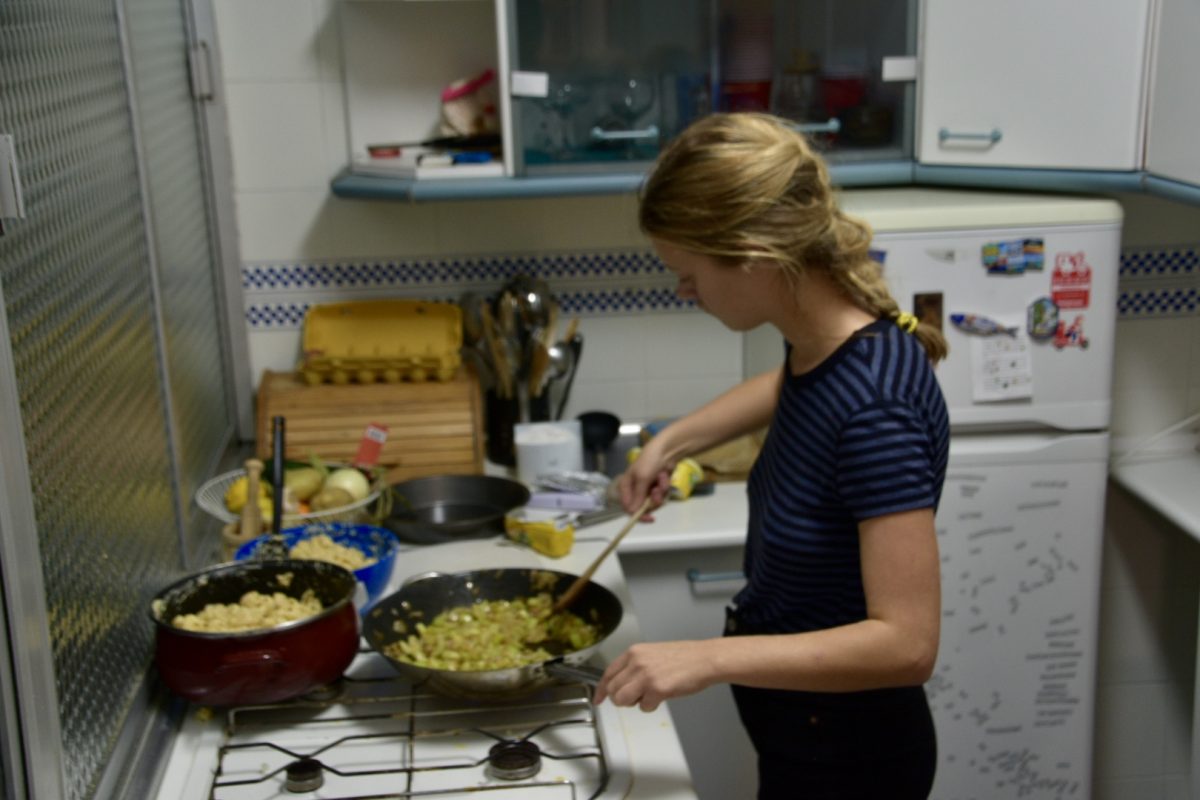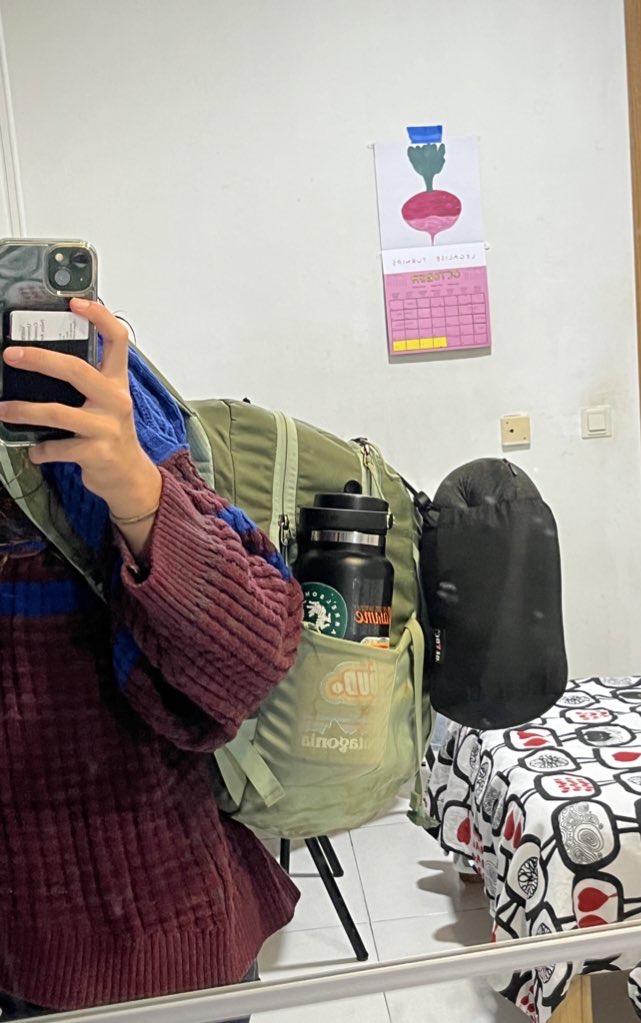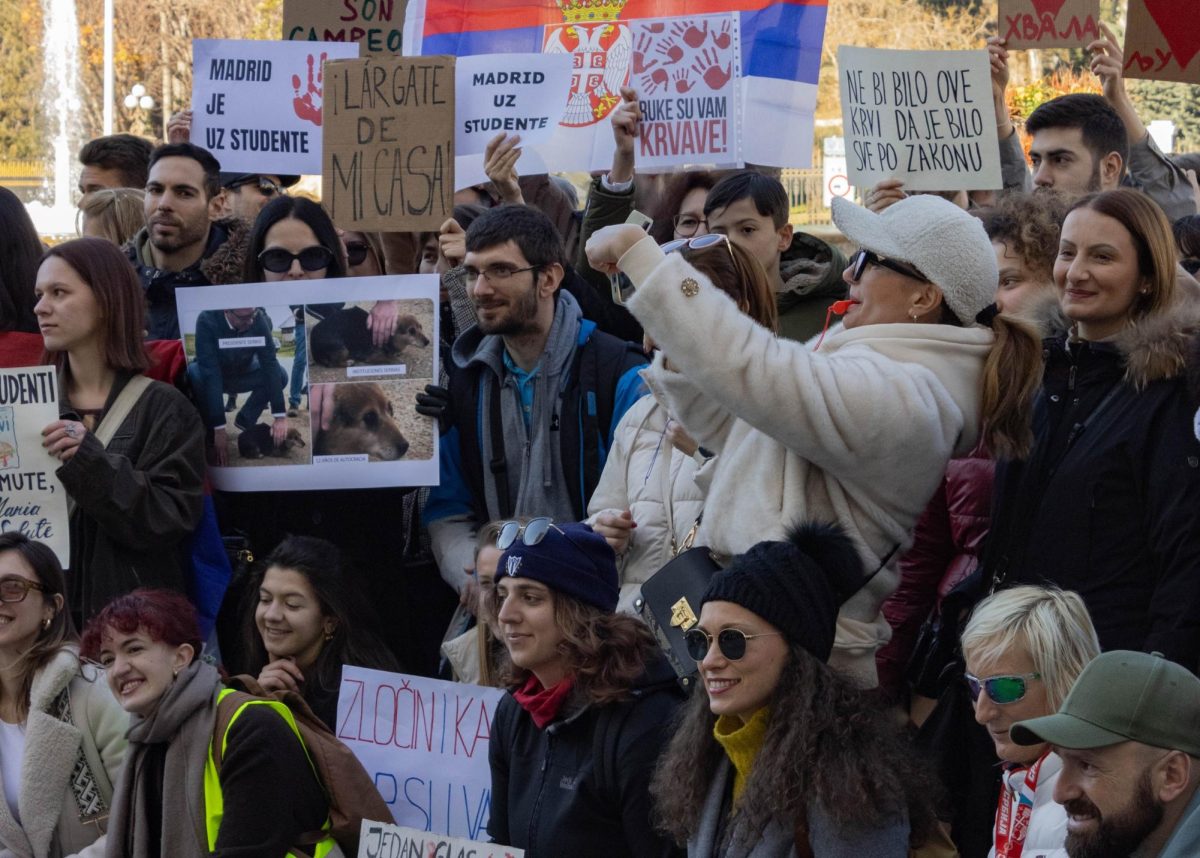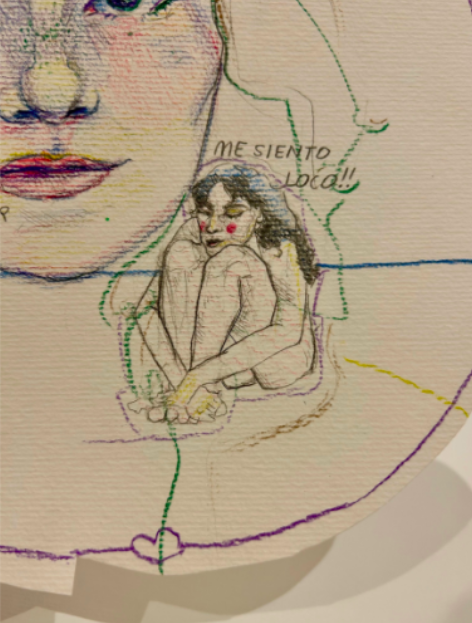After being a host mother for over 10 years, Maria-Jesus Castro has seen it all. She has hosted more than 30 students in her 2-bedroom Madrid apartment, and although it can be hard, she continues to take on new students.
“I like it, even though [they] bother me and I worry, but deep down I’m accompanied, yes, yes,” she says, smiling.
Now 75, Castro is the oldest of eight children and moved into her apartment with two of her sisters after her parents, who she looked after, passed away. Then her sisters moved out. One, also a host mom, moved to the apartment upstairs.
“I was left alone. I decided that I could host a student. Why not?” Castro says.
Her household is one of many in Madrid that host international students while they’re studying abroad.
The job can be a difficult one. Some study abroad students do not follow the rules of the homes they are staying in. Castro recalls a time when one of her students went out to a cocktail bar and took drugs.
“It was the biggest disappointment of my lifetime,” she says.
The student came back to her apartment at around 2 a.m. and, according to Castro, experienced an alcohol-induced coma.
“It was impressive, she vomited all over the house,” she recalls. “The carpet in her room, I had to throw it away, I had to throw away the sheets, well, it was indescribable.”
Opening up your house to strangers who are new at being adults is challenging. But Castro chose to move on and continues to host.
She says she trusts her new study abroad students more than she trusts other people and lets them do their own thing. With age, she says she worries less.
“I have been more fearful when I was young,” she says.
Mercedes Castro, María’s sister, is not as lenient.
“I don’t trust my study abroad students to stay at home without me,” she says. “I ask the cleaning lady to make sure everything is ok while I’m gone. She spends the night if she has to.”
As advertised by SLU-Madrid, the host-family experience is for “students who wish to experience Spanish society and language to the fullest.” While there are common ground rules, each host family is different.
Leaving the nest is never easy. Parents worry about sending their children across the world for a semester, or to complete an entire four-year degree. Host families provide a solution to their concerns.
The university provides students applying to stay with host families with an extensive list of rules and guidelines. Within the premises of the homes they’re staying in, students are not permitted to store or consume alcohol, smoke, or engage in sexual activity.
“Rules are important. I encourage my boys to abide by the set time I have made for dinner,” said Mari-Carmen García, a 73-year-old Madrid local who has been hosting study-abroad students for 20 years. “I like my tranquility in the evening. Hosting students is a shift in my lifestyle, they will let me have peaceful evenings.”
Besides setting rules, host families need to figure out how they will communicate with their host students.
“The language barrier was the biggest problem,” says Alexandra Miripol, an NYU student who studied abroad in Madrid. “I didn’t understand the customs of [the] house. I had a hard time adjusting to Spanish culture.”
But she and her host mother found a way around the issue. “She was patient as I used Google translate,” Mirapol said.
Spanish host families are not expected to speak English, but some take it upon themselves to know some.
“I take the time to correct their Spanish, too,” said García. She likes to incorporate her Spanish customs into her host students’ lives.
Students say these efforts help their transition to Madrid, and they appreciate the opportunity to immerse themselves into Spanish culture. NYU students Julianne Brinton and Halston Melin found that joining their host mom in cultural activities also generated closeness and trust between them.
“We got close to our host mom,” said Brinton.
Melin agrees.
“Our [host] families took us on family outings with their actual children. We were able to see Madrid from a local perspective.”
